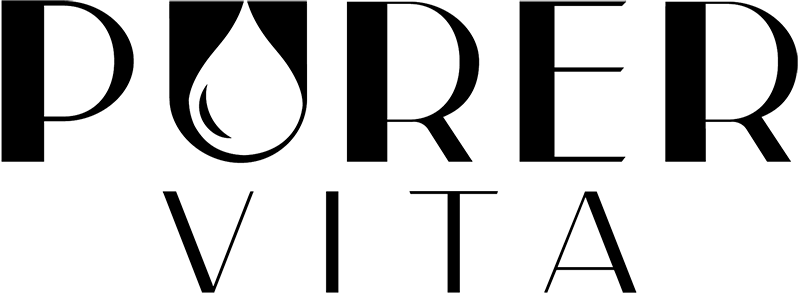This is a metabolic disorder which causes the ovaries to change and reduces the chances of ovulation
The hormone imbalances lead to insulin resistance and an increased chance of developing Type 2 diabetes. It also leads to higher androgen hormones such as testosterone as well as high oestrogen and low progesterone.
Common symptoms are
- Acne or Oily skin
- Excess hair growth on the face, abdomen, chest, back or buttocks
- Thinning hair on the head
- Weight changes and difficulty losing weight
- Irregular, prolonged or no periods
- Disordered bleeding/painful periods
- Difficulty conceiving or infertility
- Fatigue
- Mood changes
- Bloating
The diagnostic criteria for this include 2 of the following
- Polycystic ovaries (12 or more follicles or increased volume)
- Irregular periods >35 days apart or no periods for 6 months
- Clinical signs of high testosterone such as hair growth or acne
Treatment includes lifestyle changes to address the hormone imbalance incorporating a healthy diet, exercise and relaxation.
Medical treatments include the contraceptive pill, progesterone tablets and also sugar stabilising medicines such as metformin.
Supplements that help include
- Probiotics – which are important in gut health and metabolism
- Magnesium – important in muscle function and can help to modify glucose levels
- Myo-inositol shown to improve ovulation
- Chromium shown to improve infertility and modify sugar levels
- Collagen – important in a healthy gut lining and modify sugar levels. Helps to improve skin health
- Omega 3 supplements important in inflammation
Resources
https://www.rcog.org.uk/for-the-public/browse-all-patient-information-leaflets/polycystic-ovary-syndrome-pcos-what-it-means-for-your-long-term-health-patient-information-leaflet/

